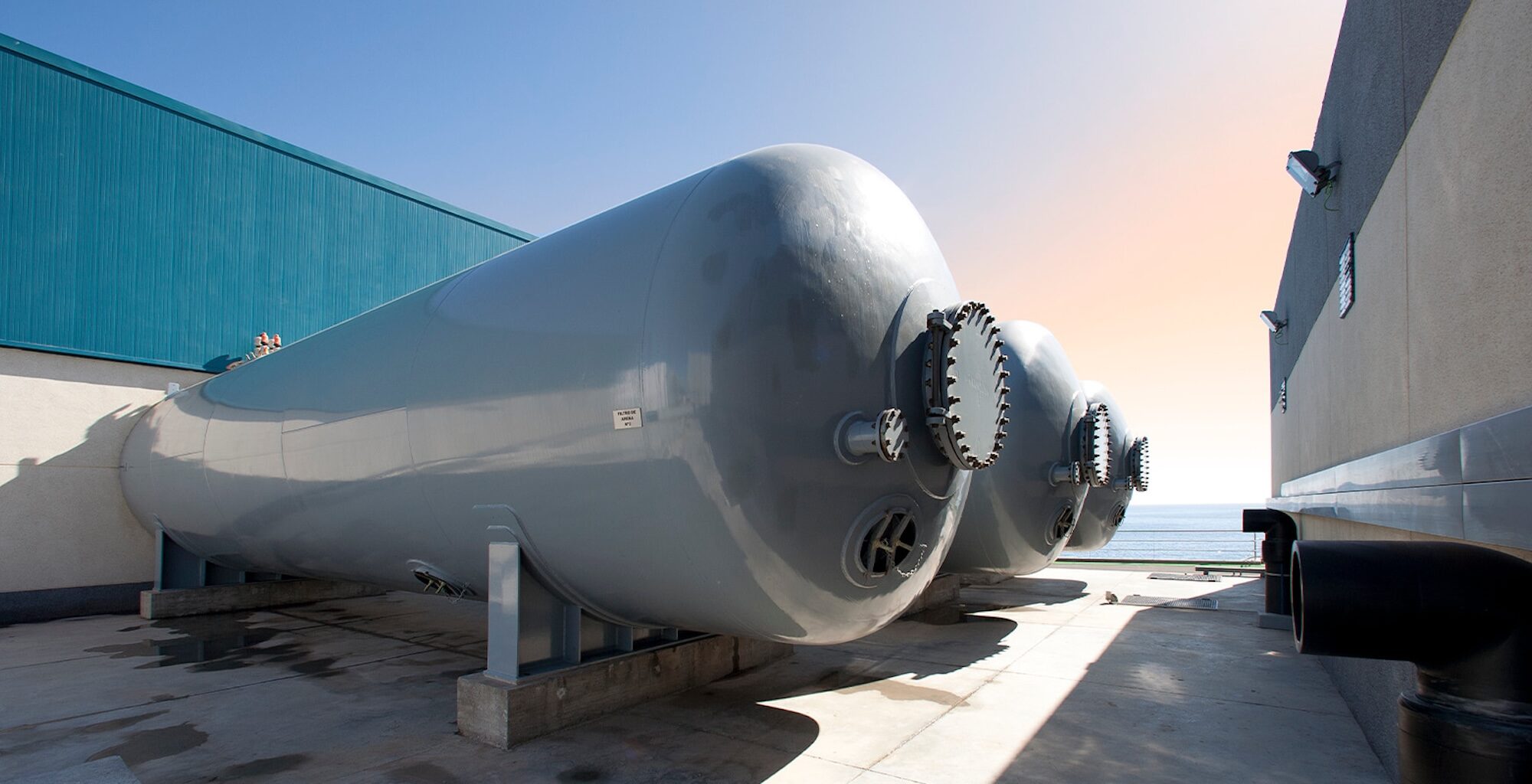-
ACCIONA and innovation
ACCIONA and innovationWE MAKE PROJECTS A REALITY THAT HELP THE PROGRESS OF SOCIETY AND RESPECT FOR THE ENVIRONMENT
-
Challenges
ChallengesDO YOU HAVE AN IDEA OR PROJECT?
- LAUNCH YOUR PROPOSAL

ACCIONA, in collaboration with the LEITAT Technology Center, has launched the MINERALS project to develop technologies that extract high-value minerals from the brine generated by desalination plants—turning what has traditionally been considered waste into an economically viable resource.
The initiative addresses a growing problem: the European Commission has classified minerals such as magnesium, calcium, potassium, lithium, rubidium, and boron as critical raw materials due to limited terrestrial reserves and rising demand linked to population growth and industrialization. In this context, seawater represents an alternative, sustainable source.
Three technologies for selective extraction
The project will develop and validate, at pilot scale, several advanced technologies to recover these elements from reverse-osmosis desalination brine:
-
Liquid membranes, based on incorporating ionic liquids and extractants into a polymer matrix
-
Nanofiber adsorbents, with embedded selective nanoparticles
-
Chemical precipitation processes
Expected efficiencies are above 90% for monovalent ions (lithium, rubidium, boron); over 65% for calcium; above 80% for magnesium; and over 70% for potassium.
Economic viability and circular economy
In a mid-size reverse-osmosis desalination plant producing 200,000 m³/day, extracting these elements could generate significant additional revenue while moving desalination toward a circular-economy model.
ACCIONA will design, build, and commission a pilot plant that integrates the processes developed for the selective extraction of both minor elements (such as lithium, rubidium, or boron) and high-value major elements (such as calcium or magnesium). This facility will be located at a seawater desalination plant.
The MINERALS project, with a budget of around €600,000, is coordinated by ACCIONA and includes participation from the LEITAT Technology Center. It is funded by MCIN/AEI/10.13039/501100011033 and by the European Union – NextGenerationEU/PRTR.
